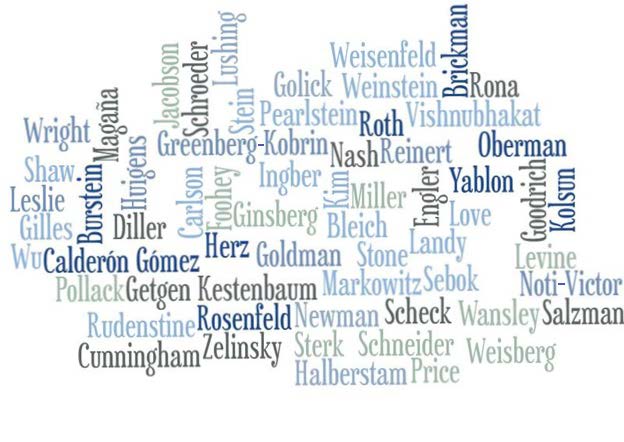Publication Date
Spring 2017
Journal
Brooklyn Law Review
Abstract
Should the U.S. Supreme Court overrule Quill Corporation v. North Dakota? In Quill, the Court held that, under the dormant Commerce Clause of the U.S. Constitution, the states cannot impose the obligation to collect sales taxes on out-of-state vendors which lack physical presence in the taxing state. As internet commerce has grown, Quill’s physical presence test has severely hampered the states’ ability to enforce their sales taxes.
Much of the Supreme Court’s case law suggests that, under the banner of stare decisis, the Court should not overturn Quill. This case law indicates that it is Congress’s job to modify or reject the physical presence test established in Quill. Quill was decided under the dormant Commerce Clause and thus can be overturned by Congress.
However, a careful assessment of the federal political process suggests a contrary conclusion, namely, that the Supreme Court itself should overturn Quill in the Court’s role as guardian of the states against federal commandeering. A combination of factors underlay this conclusion: the tactical advantage which Quill bestows in the political process upon the internet and mail order industries, the importance of the states in the structure of federalism, the centrality of sales taxes to the financing of state government, the severe impediment which Quill and its physical presence test impose upon the collection of these taxes, and the unique disadvantages of the states in the federal legislative process.
In our system of federalism as it exists today, the states are structurally important but politically disadvantaged. Federal legislators receive no political benefits from helping the states. This contrasts with the political support – votes and campaign contributions – private groups bestow for legislative backing.
Quill effectively commandeers the states to subsidize internet commerce by not taxing it. Quill also hands great political advantage to the defenders of the status quo, the internet and mail order sales industries which effectively sell their goods sales tax-free because of Quill’s physical presence test. In the federal lawmaking process, defenders of current law have the politically easier task of blocking change in a process which affords them many opportunities to obstruct change. Quill gives that advantage to the internet and mail order industries which need merely impede legislation to preserve the status quo – as they have done successfully for over two decades.
Hence, in the final analysis, the Court itself should, despite the force of stare decisis, overturn Quill rather than rely on Congress to abolish the physical presence test which severely hampers the states’ collection of their sales taxes in the face of the growth of internet commerce.
Volume
82
Issue
3
First Page
1177
Last Page
1214
Publisher
Brooklyn Law School
Keywords
Constitutional Law, Politics (General), Taxation--State and Local, Taxation, Commercial Law, Industry
Disciplines
Commercial Law | Constitutional Law | Law | Taxation-State and Local
Recommended Citation
Edward A. Zelinsky,
The Political Process Argument for Overruling Quill,
82
Brook. L. Rev.
1177
(2017).
https://larc.cardozo.yu.edu/faculty-articles/444


